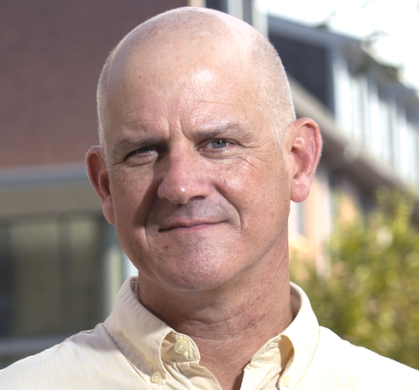Profiles in Courage
FROM THE EDITOR: How the university responded to the COVID-19 crisis

As the gathering storm of the COVID-19 crisis was set to make landfall in New Jersey in mid-March, the leadership of Rutgers wisely chose to begin sending members of the faculty and staff, and all students, home, where they would continue their work for the foreseeable future. Members of the Rutgers COVID-19 Task Force began convening, first in person and then remotely, to address a long list of logistical necessities, working around the clock to safeguard the university while keeping Rutgers open and operational. For members, it was a physically and psychologically taxing experience, felt more acutely because the point man on the task force—Antonio Calcado, the executive vice president for Strategic Planning and Operations and the university’s chief operating officer—was an early victim of COVID-19. Thankfully, he has recovered. I invite you to go to the red navigation bar at the top of this page and click on Explore Sections to read about Calcado's, and the team's, experience in the feature “Crisis Management.”
The mission of education, research, and outreach has continued at Rutgers with some remarkable results. Perhaps the most evident success was the graduation of this year’s seniors and graduate students, who celebrated their achievement through convocations that, like so much of our life today, took place remotely. Like all students, they managed to complete their coursework by means of remote instruction, participating in lectures and classes led by professors and faculty members making do from their homes or empty academic halls. Distance learning posed its challenges, but thanks to the staffs at the Office of Information Technology and supporting departments, the experience went off admirably well, as the story "Learning From Afar" demonstrates. Remote learning could be a valuable option in the future, especially if the effects of COVID-19 persist.
And as the pandemic gathered force, Rutgers researchers were seeking medical solutions to the crisis, experts were offering a jittery public reassuring explanations about COVID-19 through the media, and faculty members and students helped communities in Rutgers’ host cities. Read about all their efforts in the Insights and Features sections of the website.
Meanwhile, this issue of Rutgers Magazine was assembled by me and the magazine staff from our homes as we emailed stories and page layouts back and forth, conducted regular teleconference calls, and took advantage of (more or less) new technologies and software. I have always held the members of the magazine staff in high regard; this time, however, they really outdid themselves. My gratitude runs deep.